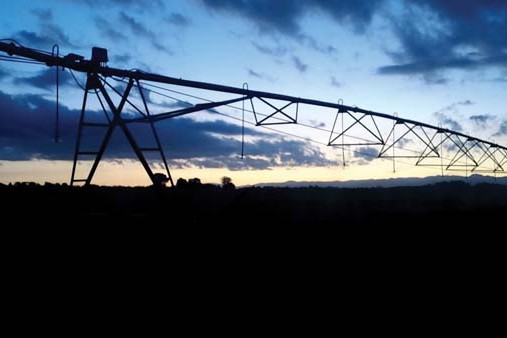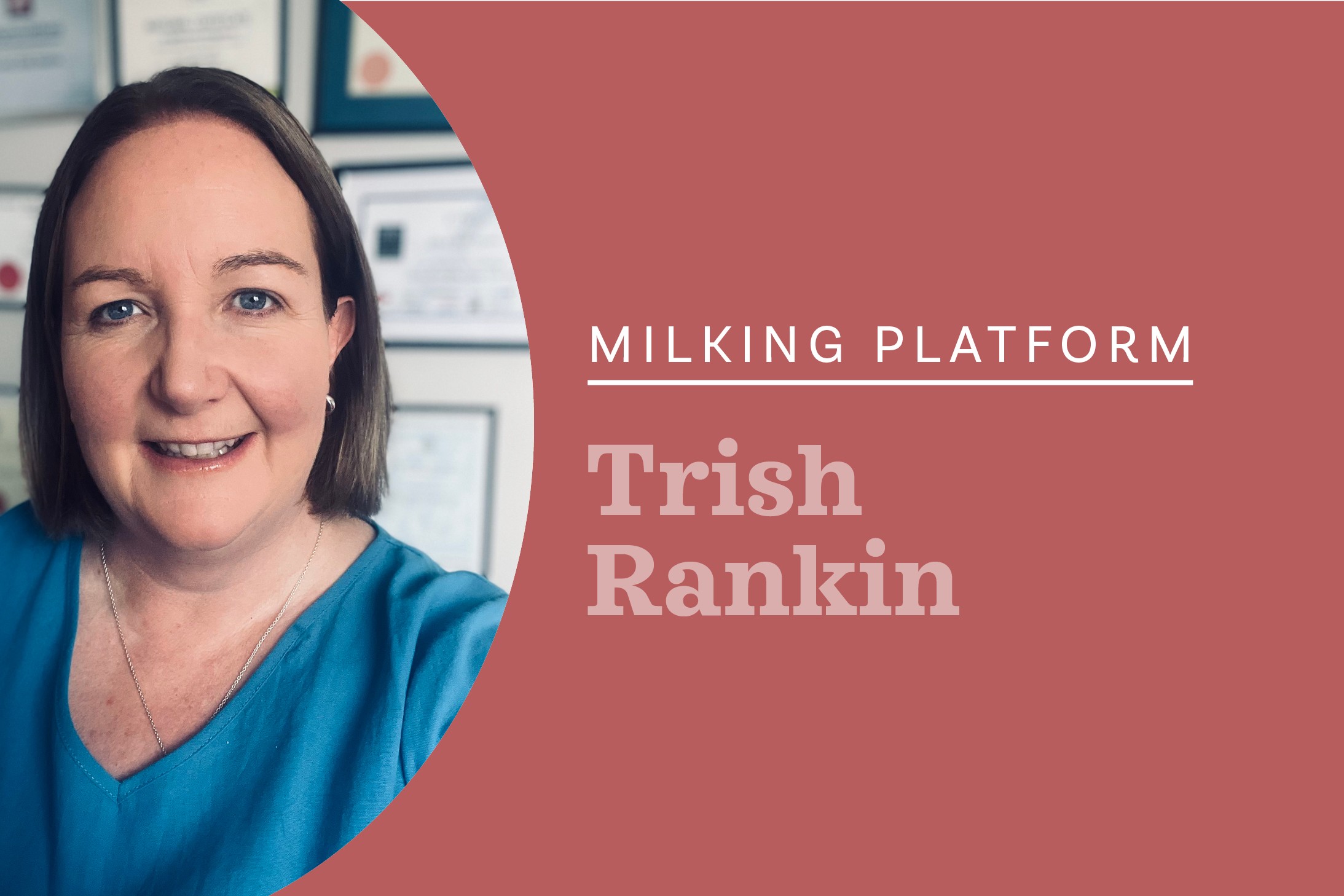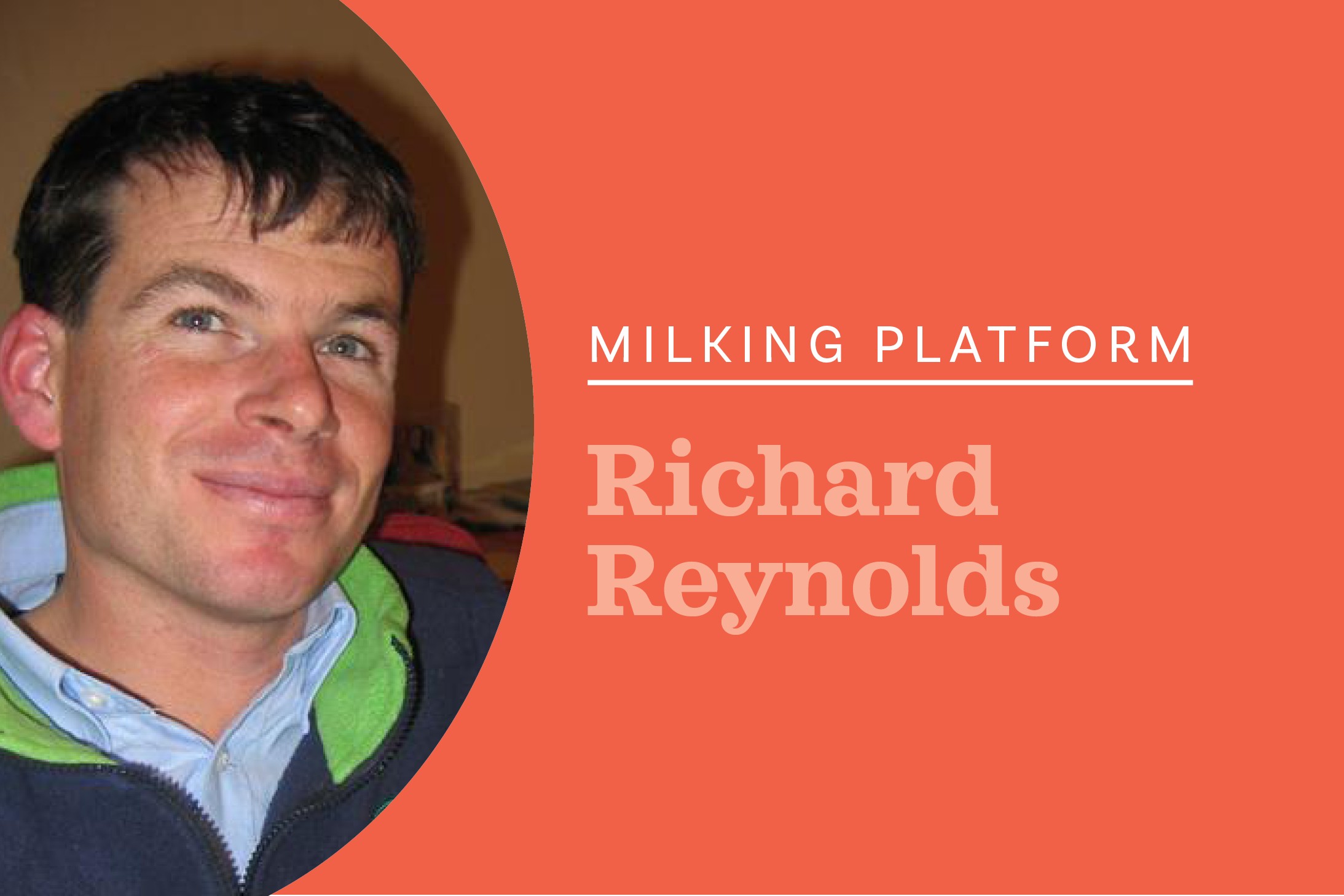A couple of weeks ago, Suzanne Hanning got a phone call she never wants to be repeated.
An often overlooked group of people who work in agriculture, don’t milk the cows, feed the calves, or shift the ewes. Without them, we would be up the proverbial creek without a paddle. They have the skills, knowledge and professionalism we call on when we come across something we would otherwise put in the too-hard basket.
I’m making a feeble attempt to describe our rural veterinarians. We often talk about mental health in the rural sector and that’s great, but our vets are just as susceptible if not more so than the rest of us.
We may have had one or two cows with a messy calving over the whole spring, but a rural vet could have dealt with four or five a day. Every call-out is a job that was too hard for us to deal with, but we expect them to perform miracles, sometimes in the pouring rain, in the middle of a paddock.
We expect them to have all the answers, be instantly available and fix everything at a bargain price when we don’t see that they are people too.
They listen to our descriptions of what we think is wrong with Daisy and try to decide if we’re on the right track or have taken the scenic route. They see tears in our eyes and feel the same sadness when they have to end the suffering of our beloved pets, our favourite cow or the kid’s pony.
Then there is the scale of some farms where a routine task like vaccinations can become an assembly-line procedure. Again, we do it a few times a year, but our vets can spend weeks vaccinating one herd after another, day after day.
I guess what I’m trying to say is we often take vets for granted. We expect them to have all the answers, be instantly available and fix everything at a bargain price when we don’t see that they are people too, they usually have a huge geographical area and … they are human too.
I can hear some of you saying, “yeah, but they signed up for it, that’s what they’re paid for”. Yes, but one could argue the same for farmers and as with farmers, they love what they do and are emotionally invested in doing the very best job they can. They often have huge student debt and need to eat too.
A couple of weeks ago, I got a phone call I never want to get again. Our vet who had been with us nearly from the beginning of our dairying career had ended his own life. We had an inkling things had not been quite right for a while as our usually jovial, chatty, swearing (like a trooper, but it was almost a part of their personality and for some weird reason, not offensive) friend and close adviser in all things animal health had become stoic and a little distant.
To me, the most heartbreaking thing was that our vet felt they were in such a dark place that the only solution was to leave this Earth, when in reality, they were well respected by those who knew them and truly loved by all who call them a friend. If only our vet had felt this when they were alive, would it have made a difference?
I’m not sure how to make this better, but maybe we all need to remember our vets are people too. Not all heroes wear capes, some wear overalls.
We will miss you.





